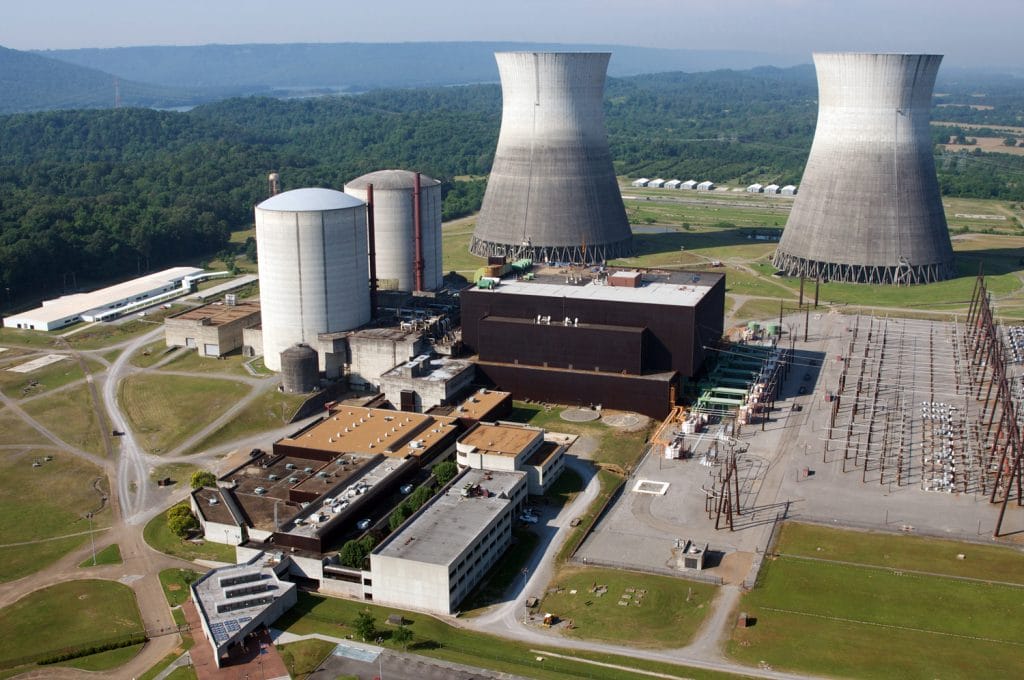In recent years, the rapid growth of the global population has significantly increased the demand for energy.
However, the widespread use of fossil fuels has had a negative impact on the environment.
For this reason, the United Nations implemented the Paris Agreement, a climate change treaty, in 2015 in Paris. As a result, the demand for renewable energy has increased.
ENERGY SHORTAGE AND POWER OUTAGES IN AFRICA
In Africa, this demand has also risen considerably.
According to estimates by the International Atomic Energy Agency (IAEA), the continent’s energy demand is expected to increase sevenfold by 2050.
Currently, Africa is struggling with frequent power outages. To avoid these problems and to be better prepared for 2050, various steps are being taken.
SOUTH AFRICA’S 4 GW NUCLEAR POWER PLANT INITIATIVE
The most notable example of these efforts is the planned 4 GW nuclear power plant to be built in South Africa’s Western Cape region.
The government announced that the state-owned energy company Eskom has been granted permission to construct the plant. Nevertheless, concerns remain regarding nuclear waste, the outdated energy policy, insufficient local expertise, safety and transparency issues, and the high construction costs — all of which create skepticism toward the project.
OTHER AFRICAN COUNTRIES PREPARING FOR THE TRANSITION
Despite this, many African nations are choosing to follow South Africa’s lead.
Countries such as Egypt, Uganda, Morocco, Ghana, Algeria, Tunisia, and Kenya are expected to gain access to nuclear energy in the near future.
Nuclear power has the potential to provide Africa with clean and sustainable energy. However, most of these countries are still far from turning these projects into reality.
As in South Africa, financing and corruption stand out as the biggest challenges.



